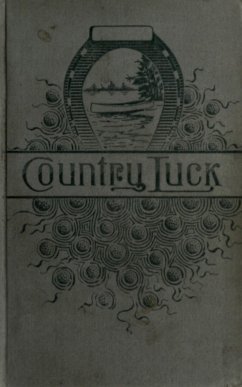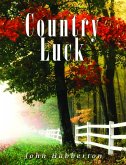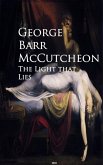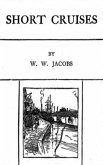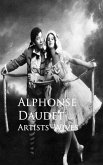"Be sure to look us up when you come to the city." This invitation was extended with that delightful affectation of heartiness that a man can assume when he believes that the person invited will never avail himself of the courtesy. Fortunately for the purpose of this story, Master Philip Hayn, whom Mr. Tramlay had asked to call, was too young and too unaccustomed to the usages of polite society to regard the remark in any but its actual sense. It would have seemed odd to any one knowing the two men and their respective stations in life. Tramlay was a New York merchant, well known and of fair standing in the iron trade; Hayn was son of the farmer at whose house the Tramlay family had passed the summer. When the Tramlays determined to exchange the late summer dust of the country for the early autumn dust of the city, it was Philip who drove the old-fashioned carryall that transported them from the farm to the railway-station. The head of the merchant's family was attired like a{6} well-to-do business-man; Philip's coat, vest, and trousers were remnants of three different suits, none of recent cut. The contrast was made sharper by the easy condescension of the older man and the rather awkward deference of Philip, and it moved Mrs. Tramlay to whisper, as her husband helped her aboard the train,-
Dieser Download kann aus rechtlichen Gründen nur mit Rechnungsadresse in A, B, BG, CY, D, DK, EW, E, FIN, F, GR, H, IRL, I, LT, L, LR, M, NL, PL, P, R, S, SLO, SK ausgeliefert werden.

